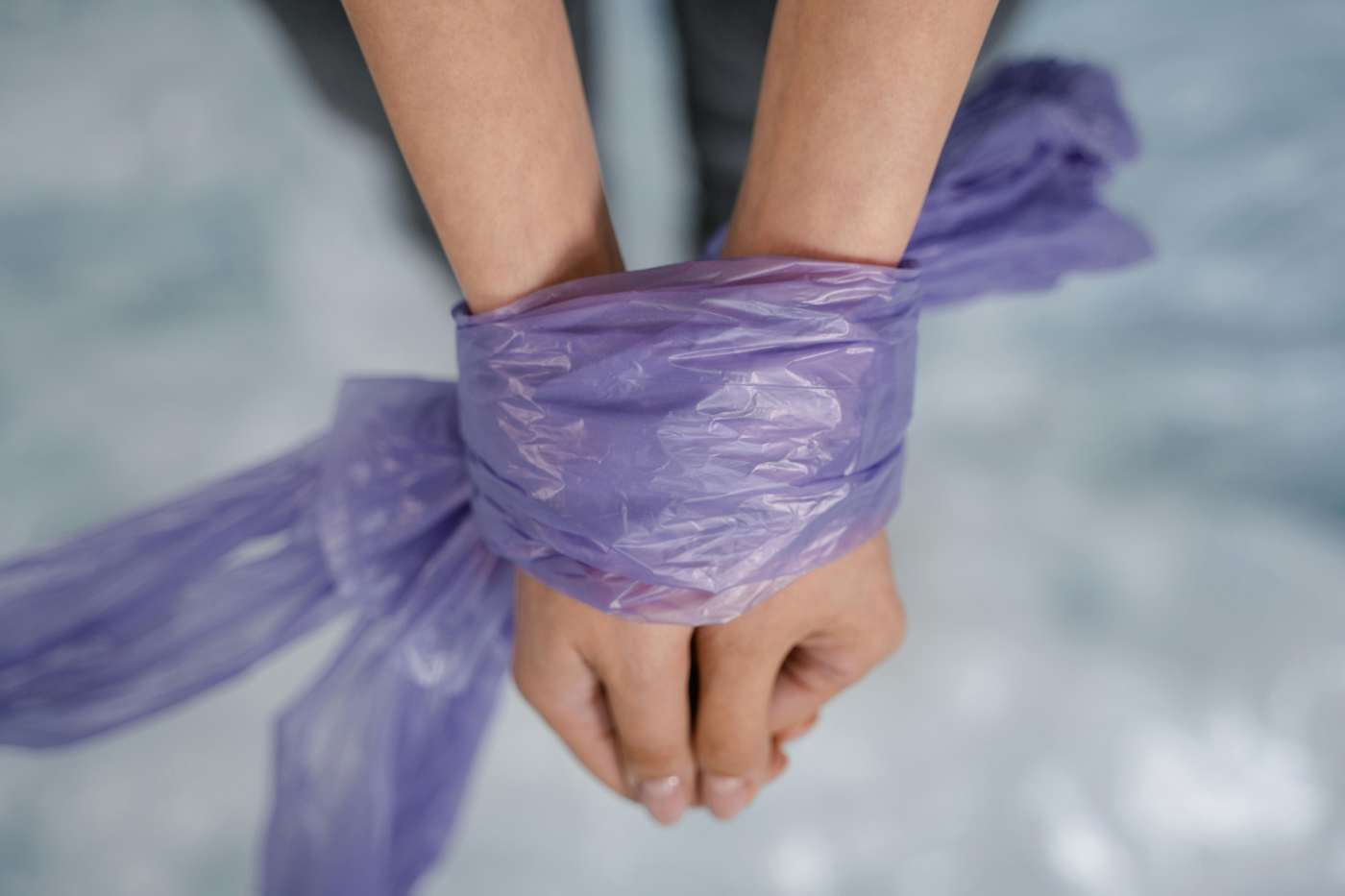Life can be overwhelming. From work stress and family responsibilities to personal struggles, it’s no surprise that many of us seek ways to escape the pressures of everyday life. While it’s perfectly normal to unwind with a TV show, scroll through social media, or immerse ourselves in a hobby, sometimes these activities can cross the line from being a simple escape to becoming an unhealthy dependency. When the urge to constantly avoid reality takes over, it can develop into what’s known as escapism addiction.
Escapism is all about seeking relief or distraction from the real world, often through activities like watching movies, playing video games, scrolling endlessly through social media, or even using drugs and alcohol. Everyone needs a break sometimes, and escapism, in moderation, isn’t necessarily a bad thing. It’s when escapism becomes the primary way of coping with life’s challenges that it turns into a problem.
When escapism evolves into a habitual way of avoiding life’s difficulties rather than dealing with them, it can lead to negative consequences. This behavior can severely impact personal relationships, job performance, and mental health, turning into what we call escapism addiction.
What is Escapism Addiction?
Escapism addiction happens when someone starts relying heavily on escapist behaviors to cope with their emotions, anxieties, or stress. This type of addiction isn’t always obvious, but it’s marked by a pattern of avoidance that interferes with daily life. Whether it’s zoning out for hours with video games, binge-watching TV, or turning to substances, escapism addiction can keep someone stuck in a cycle of avoidance and disconnection from reality.
People struggling with escapism addiction might lose track of time, ignore their responsibilities, and even become anxious or irritable when they can’t engage in their preferred escape. For instance, someone might spend all their free time gaming instead of attending to work, relationships, or self-care. Or, they might use drugs or alcohol to numb themselves from the stresses of daily life, leading to even more severe issues.
Signs of Escapism Addiction
Understanding the signs of escapism addiction can help you identify if you or someone you know might be struggling. Here are some common indicators:
- Difficulty cutting back on escapist activities, even when they interfere with daily life.
- Regularly avoiding important tasks, like work, school, or household duties, to engage in escapist behaviors.
- Preferring to be alone and engaging in escapist activities rather than spending time with others.
- Experiencing anxiety, depression, or irritability when unable to engage in the escapist activity.
- Using escapism to avoid facing real-life issues, stress, or uncomfortable emotions.
- For those who turn to substances, there may be noticeable physical symptoms, such as changes in appearance, sleep issues, or other health problems.
The Risks of Escapism Addiction
While escapism can offer a brief sense of relief, relying on it too much can lead to a host of negative outcomes. Escapism addiction can cause serious damage to mental health, lead to poor physical health, strain finances, and create a deep sense of isolation from the real world. Instead of addressing the underlying issues driving the need to escape, individuals find themselves trapped in a destructive cycle that only deepens their problems over time.
Left unchecked, escapism addiction can spiral into more dangerous behaviors like substance abuse, gambling addiction, or severe social withdrawal. The longer it continues, the harder it becomes to break the cycle.
Finding Help
Recognizing escapism addiction is the first step toward recovery, and it’s never too late to seek help. At Shoreline Recovery Center, we understand the complexities of escapism addiction and how it can impact every aspect of your life. Our approach to treatment goes beyond just addressing the addictive behavior; we dig deeper to help you understand and resolve the emotional triggers behind your need to escape.
Our team of skilled therapists, counselors, and support staff work closely with each individual to develop healthier coping mechanisms, rebuild self-esteem, and reconnect with life in meaningful ways. We offer a safe and supportive environment where you can explore the root causes of your addiction, learn new strategies for managing stress, and start your journey toward a more balanced and fulfilling life.
Take the First Step Towards a Healthier Future
If you or someone you love is caught in the cycle of escapism addiction, it’s time to reach out for support. Escapism doesn’t have to dictate your life, and with the right help, you can break free. Shoreline Recovery Center is here to guide you every step of the way.
Contact us today to speak with a compassionate professional and learn more about our personalized rehab programs. Call +1 866-483-6711 or visit our website to schedule a consultation. Your journey to recovery starts now.
Escapism addiction doesn’t have to be your reality. With support, you can confront the challenges you’re avoiding and build a better, more connected life. Reach out to Shoreline Recovery Center today and take the first step toward reclaiming your life.







